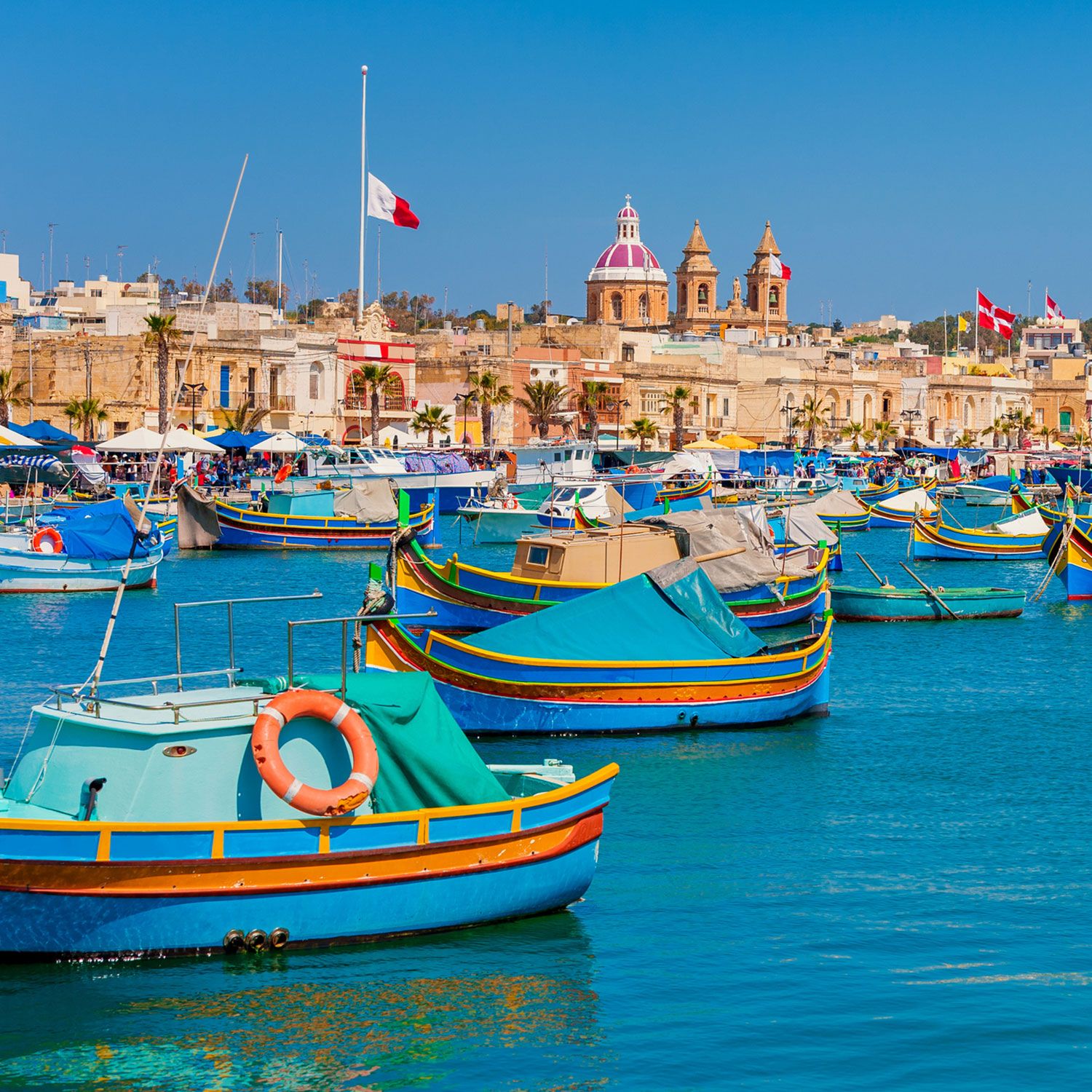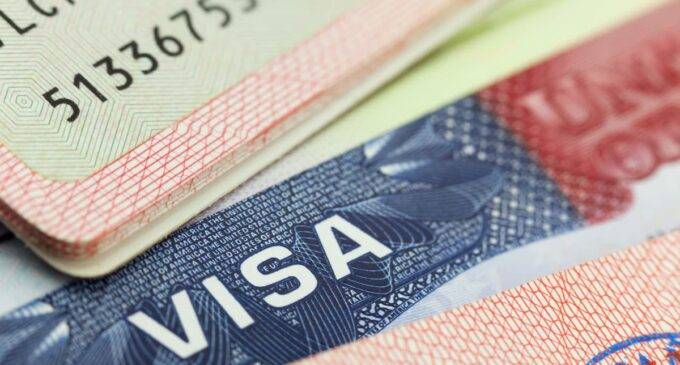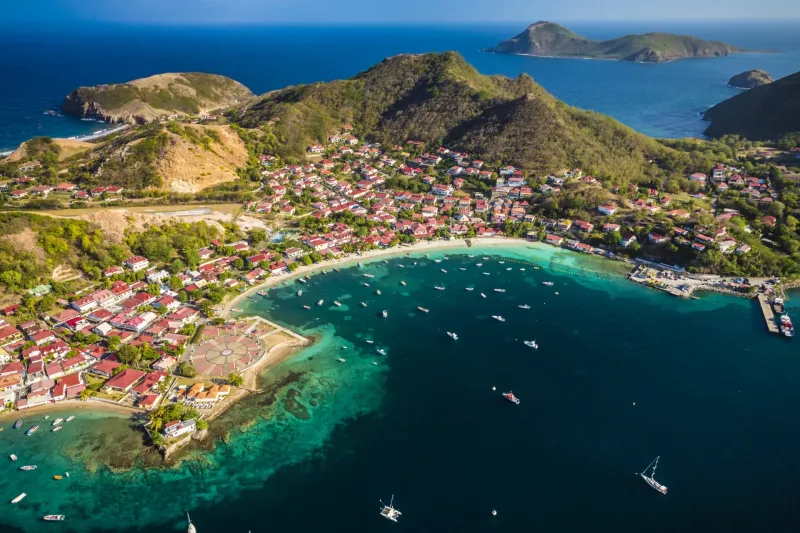The opportunity for non-EU nationals, such as Nigerians, to obtain a permanent residence permit in Malta with the Malta Permanent Residence Programme provides exclusive advantages, including 90 days of visa-free travel in the Schengen area and the ability to move to Malta. In this article, we will delve into the advantages of Malta permanent residency for Nigerian citizens, the eligibility requirements, the timeline and process, as well as what applicants should anticipate from the beginning to the end of the application process.
Description of the Malta Permanent Residence Programme and Why it’s a good option for Nigerian Investors
The Malta Permanent Residence Programme allows investors from non-EU countries to obtain the right to reside in Malta for as long as they want. A person with permanent residency can enter and leave the country whenever they wish; they have almost as many rights as state nationals. These include the opportunity to take advantage of Maltese healthcare and education, as well as start a business and work here. Investors cannot apply for the programme directly. They can join the programme only with the help of a licenced agent accredited by the Government of Malta, such as Immigrant Invest.
The lawyers and other specialists from Immigrant Invest accompany participants at every step of the process, from preparing the documents to receiving the residency cards and renewing them when the time comes.
The 6 main advantages of the MPRP for Nigerians
The Malta Permanent Residence Programme is a great opportunity for investors from Nigeria to gain freedom of travel and other benefits the status provides. Here are the main benefits of holding permanent residency in Malta.
The opportunity to move to Malta. The country secures a high standard of living, low crime rates, and affordable living compared to other European countries. Most of the population speaks English, so integration will be reasonably easy for Nigerians looking to move to Malta.
Freedom of travel. Residents of Malta can travel visa-free to all the countries of the Schengen area. These include 26 countries in Europe aside from Malta.Nigerians with a Maltese residency permit can travel to Italy, Spain, Iceland, Norway, Germany, and most other European states without needing a visa. This applies only to short stays: every 180 days, one can spend up to 90 days in all the Schengen countries combined.
Access to high-quality education and healthcare. Nigerians with Maltese residency can take advantage of the country’s social benefits, including access to free study at public universities and universal healthcare.
The opportunity to pay taxes at a lower rate. Compared to Nigeria, Malta charges lower taxes. For instance, for some companies, the corporate tax in Malta can be as low as 0—10% instead of the standard 35% if the shareholders claim a tax refund. Meanwhile, in Nigeria, all companies pay at least 30% in corporate taxes.
It is essential to note that the Malta Permanent Residency Programme does not provide its participants with any special tax incentives. However, if an applicant chooses to change their tax residency to Malta, they will be able to pay taxes in Malta and potentially reduce their tax burden. To become a tax resident of Malta, one has to physically reside in the country for at least 183 days a year.
An option to register a business in Malta. Investors who own companies in Nigeria or other countries can register their businesses in Malta to gain more growth opportunities, join a safer banking system and reduce the tax burden.
“Plan-B residency” for the entire family. The programme also allows investors to provide residency for the investor’s close family members. This means that the entire family will have the option to move to Malta at any time.
Permanent residency is a status that is given for life. The holders just need to renew their residency cards every 5 years.
Requirements for Nigerians to enter the Malta Permanent Residency Programme
The program allows the participation of applicants who are not citizens of Switzerland and member states of the EU and EEA. This means that a Nigerian entering the MPRP cannot have a second citizenship in a European country. Other requirements to join the program include the following:
- The investor is over 18 years old.
- They don’t have a criminal record and can prove it with a police certificate.
- They are not sanctioned.
- They can prove the legality of their income and the investment money with documents.
- They have never been rejected for a visa to any countries Malta has a visa-free regime with.
- They have health insurance coverage that is valid in Malta.
- They can prove assets of at least €500,000 with a minimum of €150,000 in liquid assets.
If the investor wants their family members to join the application and obtain residency in Malta as well, they too need to meet the programme’s requirements:
- The investor’s spouse can get residency if they provide documentation proving their relationship to the primary applicant. Both registered marriage certificates and unregistered partnerships are valid for the programme.
- The investor’s children can join the application if they are younger than 18 or can prove their principal dependency on the main applicant, for instance, by providing documentation from their university. Those older than 18 but dependent on the investor must also be unmarried. The relation to the investor is proven with birth certificates.
- Direct ascendants of the investor (parents and grandparents) can join the application as well if they are principally dependent on the main applicant. They, too, have to show proof of their relationship with the investor.
All the family members have to have full medical coverage valid in Malta.
How much is the investment required to obtain residency in Malta?
The MPRP implies making investments in the country’s economy. This includes purchasing or renting housing in Malta, donating to charity, and paying fees to enter the program. Purchase or rent of real estate. The property’s minimal price — bought or rented — varies depending on the region. In the southern region of Malta and on the island of Gozo, investors pay €10,000+ for rented housing or €300,000+ when buying the property.
If applicants wish to obtain housing in any other region of the country, they pay €12,000+ for rented properties and €300,000+ for purchased ones. It should be noted that the rental agreement should be signed for at least 5 years. If the property is bought, investors cannot resell it within 5 years after obtaining residency permits. Owned housing is possible to rent for passive income. However, this is allowed only if the property is located in a Special Designated Area (SDA). Even if the investor rents out their Maltese property, they still have to have a registration address in order to keep their residency cards.
The charitable donation of €2,000 is made to any Maltese non-governmental philanthropic organisation registered with the Commissioner for Voluntary Organisations or otherwise approved by the Residency Malta Agency.
Programme fees. Fees take up a big part of the total investment. Applicants pay a contribution fee. Its size depends on the chosen type of investment in real estate. If the participant wants to purchase real estate, they pay €28,000. If they choose to rent, they will pay €58,000 in contribution fees. Above that, investors pay €7,500 extra for each parent or grandparent in the application. Aside from all the investment money, applicants to MPRP have to prove that they have enough funds to provide their living in Malta. They must show at least €500,000 in total assets, including €150,000 in liquid assets.
Obtaining MPRP for Nigerians in 7 steps
An investor interested in obtaining permanent residency in Malta with the MPRP will need to follow a multi-step application process. It involves various stages, including a preliminary assessment and the issuance of permanent residency cards. The exact duration of the application process may vary depending on the individual case. However, on average, the process takes around four to six months.
The Malta Permanent Residence Programme (MPRP) only accepts applications from investors through licensed agents. These agents are trained to handle all aspects of the application process, ensuring that the application is completed accurately and efficiently.
Immigrant Invest is one of the agents of the programme. Its lawyers help investors collect documents, fill in the application, submit it, and gather additional papers if the programme requests any. Even after investors obtain their permits, lawyers stay in touch with them to deal with further requests, such as residency card renewal.
The process of obtaining a Malta residency permit with Immigrant Invest includes 7 steps:
- Preliminary Due Diligence. Before starting the process, Immigrant Invest specialists conduct a background check on an applicant to try and eliminate the risk of rejection by the programme. The preliminary check takes one business day, during which an Anti Money Laundering Officer looks up information on a potential applicant using the same databases as the Maltese residency agency. The report found during the assessments is kept confidential.
- Collecting papers and submitting the application. The lawyers help applicants gather all the required documents. They translate them into English and approve the copies with a notary if necessary. Finally, Immigrant Invest specialists fill in the client’s application to ensure everything is done correctly. Once the package of papers is ready, the lawyers submit the application to the Residency Malta Agency. At this point, the investor pays only a non-refundable €10,000 administration fee.
- Due Diligence. The Residency Malta Agency conducts its own thorough background check on the applicant, which takes 4 to 6 months. During this time, the Agency may request additional documents.
- Making the required investment. Once the application is approved, the lawyers get a notification from the Residence Malta Agency. After that, the investor can make their investment and pay the rest of the fees within eight months. After the investment conditions are fulfilled, the lawyers collect the supporting documentation and submit it to the Agency.
- Collection of biometric data. The investor and their family members travel to Malta to submit their fingerprints. This can be done before or after the final approval of the application.
- The final approval. After the Residency Malta Agency receives the documentation proving the investment and checks it, it sends the final approval to the licenced agent.
- Receiving residency cards. The residency cards are issued and passed to the licenced agent. Immigrant Invest delivers the documents to a convenient location so applicants don’t have to travel to Malta again.

Other residence types in Malta
Acquiring a residence permit in Malta can serve different purposes for non-EU citizens. These reasons can include business, work, studies, or family unification. Below is an overview of the types of residence permits for each purpose.
Work permits. Foreign employees or self-employed individuals can apply for a Single Permit or an EU Blue Card. The former is the most common permit, requiring a job offer from a Maltese company. The latter is for highly qualified professionals and freelancers earning at least 1.5 times the average annual salary in Malta. Both permits are valid for one year and can be renewed.
Visas for students and researchers. Students need the endorsement of a university to apply for a Student Visa in Malta, which is valid for a year or the whole course duration. Researchers may also apply if chosen by a research institution in Malta, with a higher education or doctoral degree as a requirement. The permit is valid for one year.
Visas for family unification. After legally living in Malta for two years and having a valid residence permit for one year, non-EU citizens can apply for their family members’ residency, including spouses, partners, and minor children.
Residence permits under The Malta Global Residence Programme provides a temporary residence permit for eligible investors. The first obtained permit is valid for one year, with the following permits issued for two years.
Immigrant Invest lawyers help investors from Nigeria obtain permanent residency permits in Malta by the MPRP programme, as well as a temporary residency with the Global Residency Programme. Aside from that, the company provides services to help applicants become Malta citizens for exceptional services by direct investment.




